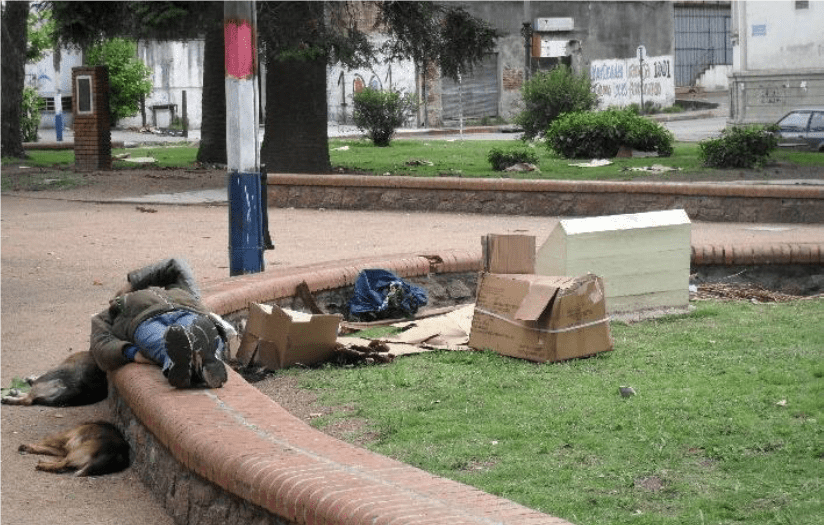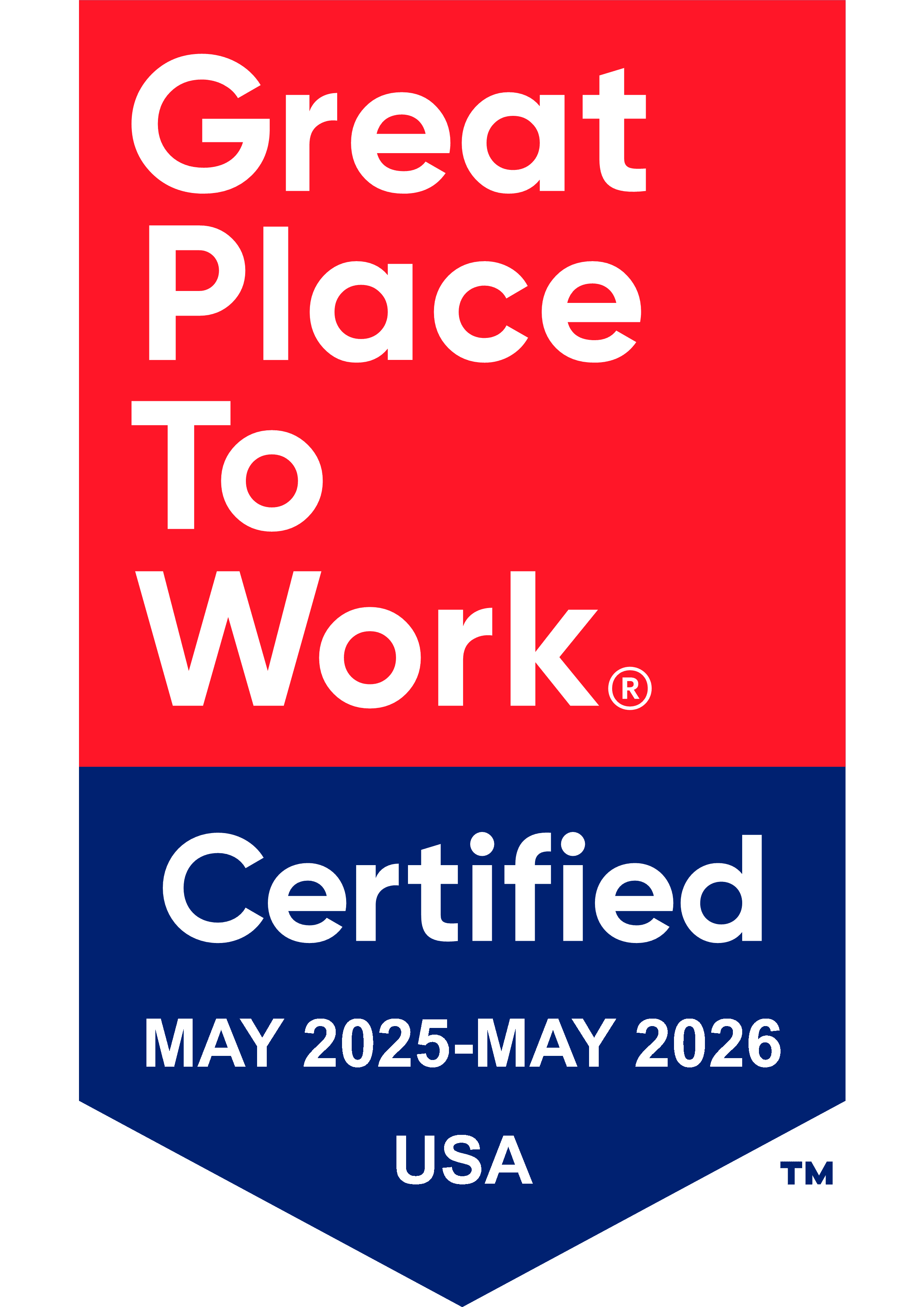On November 9th the Community Coalition of La Unión in Montevideo, Uruguay unveiled renovations to the historic Plaza de la Restauración. The area, which dates back to 1849, had been identified by the coalition through the community assessment process as a hot spot for illicit drug sales. The substance use landscape is complex in Uruguay, a country of 3.4 million people that legalized recreational marijuana last year. Illicit drug use has risen in the country, experiencing a 6-fold increase in prevalence between 2001 and 2011. During this period, cocaine use increased relative to its neighbors Chile, Colombia, and Peru, whose levels remained stable. Crack cocaine use is classified as “intermediate” level compared to the rest of the region, but is highly visible owed to its geographic and socioeconomic concentration in vulnerable populations. According to a 2014 survey by the Uruguay Drug Observatory, crack cocaine use in the capital of Montevideo is double that of the periphery with certain areas reporting use rates of up to 4% of the population. Average age of first use was surveyed at 18 years for men and 20 for women. The Plaza de la Restauración was rife with the sale of crack cocaine in 2014 when CADCA launched its community coalition initiative in the capital city selecting the community of La Unión.
The coalition quickly became aware of how deeply affected community members were by the unsafe conditions in the Plaza. They focused efforts on taking back the space and lobbied the municipality to launch a public works renovation project. They held collaborative meetings with neighborhood, civic and community-based organizations to draft formal rules for use of the space to go into effect once the project was completed.
“What were we going to do with all those people living there? We knew removing them from there without finding an alternative or a solution, that they would simply relocate a few blocks down, and the problem would persist.”
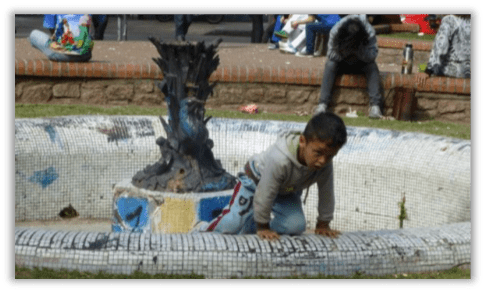
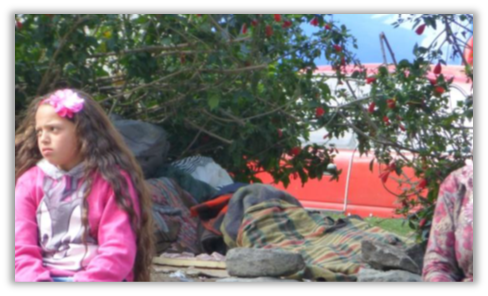
The Plaza de la Restauración before the renovation project.
But despite their success in advocating for change and obtaining the support of the governor Daniel Martinez, they were confronted with challenges including construction delays and the presence of homeless drug users living there. In-country coordinator for community coalitions in Uruguay, Glady Ferrero, said that from the start the coalition knew they had to resolve the homelessness issue: “What were we going to do with all those people living there? We knew removing them from there without finding an alternative or a solution that they would simply relocate a few blocks down, and the problem would persist.”
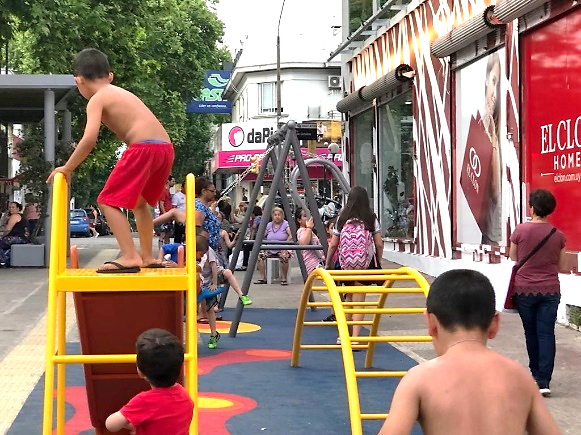 The coalition first gained the trust of the approximately 40 homeless individuals, visiting frequently to speak with them until they brought up the renovation of the Plaza. “We asked them what they thought of the plans and what ideas they had,” said Ferrero, “then we came up with the idea to find a house, a refuge for them to sleep at night.” The coalition proposed the idea to the Social Development Ministry, a department within the national government under the purview of the president. The Ministry approved the project, rented the house and equipped it with beds and necessities for up to 40 people.
The coalition first gained the trust of the approximately 40 homeless individuals, visiting frequently to speak with them until they brought up the renovation of the Plaza. “We asked them what they thought of the plans and what ideas they had,” said Ferrero, “then we came up with the idea to find a house, a refuge for them to sleep at night.” The coalition proposed the idea to the Social Development Ministry, a department within the national government under the purview of the president. The Ministry approved the project, rented the house and equipped it with beds and necessities for up to 40 people.
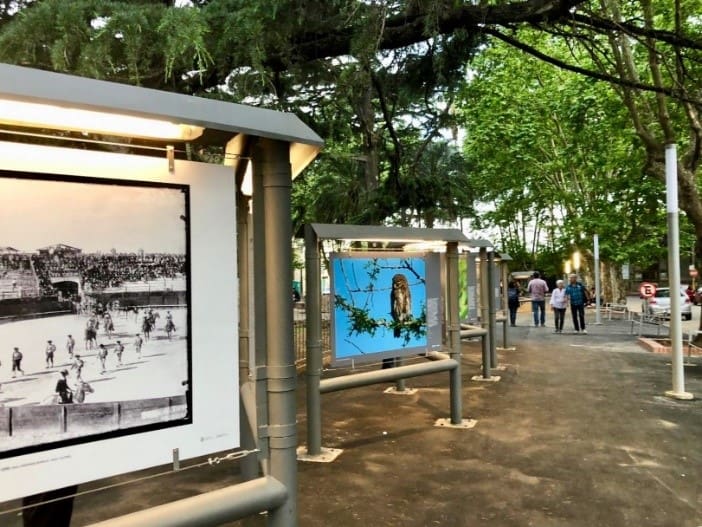
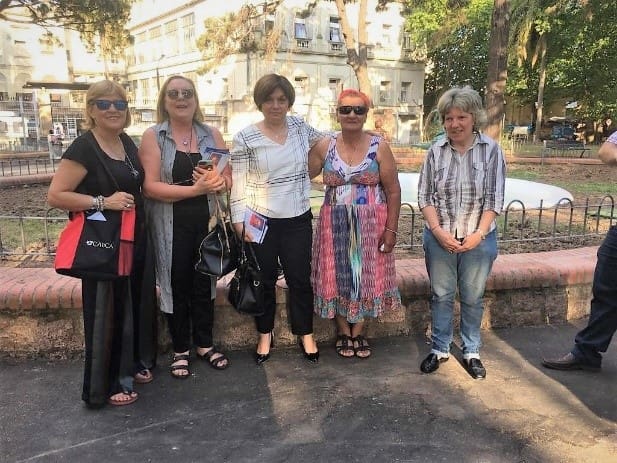
(Top and left) The Plaza after renovations were completed. (Right) Members of the community coalition of La Unión.
The coalition then worked with the state’s Departmental Drug Board to enhance access to health services and rehabilitation, with the Hospital Pasteur to provide meals and with the non-profit organization Colibri to further support addiction treatment. Once cleared of squatters, renovation moved forward, and the municipality added greenery, lighting, a playground and artwork. They also paved walkways and restored the central fountain.
The inauguration, which featured cultural dances and speeches from the governor and coalition members was the culmination of a two-year long and difficult process to reclaim a space long abandoned to the ravages of illicit drugs. It is a testament to the power of community organizing and persistence on the part of community members. It also demonstrates the complexity of societal problems and the power of collaborating with multi-sectoral actors to achieve positive outcomes. Uruguay recently hosted a Training of Leaders, increasing the number of coalitions in the country to 5 and is in the process of formalizing a national coalition network.
For more information on CADCA’s involvement in Uruguay contact Fátima Reynolds at freynolds@cadca.org.

